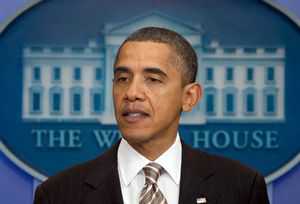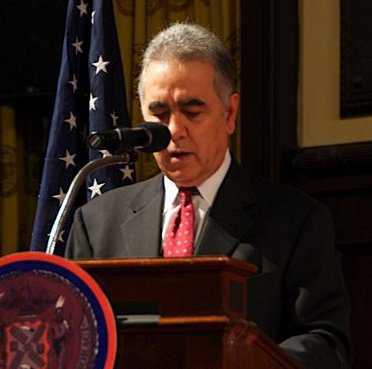Sibel Keskin [[email protected]]
In the recent years, the Fener Greek Patriarchate has been trying to make its name known and gain sympathy with dialogue attempts and peaceful statements in many fields. On the contrary, despite all the efforts, it is known that the Patriarchate is a church which follows its customs as strictly as to reject any negotiation and criticism on issues which are directly related with it.
Even Patriarch Patrik Bartholomeos, who conveys Turkey that he is a loyal citizen and pays attention to create an image as such, is not able to eliminate certain practices which are regarded as evil attitudes in the public opinion.
The Fener Greek Patriarchate demands lots from Turkey, and does not refrain from taking its problems to the courts and even complaining to other countries and the ECHR. However, it stubbornly rejects the proposals to open the “Hatred Door” which has been cited both by the official channels and the non-governmental organizations since the foundation of the Republic and has caused serious suspicion and unrest in the public opinion.
This strict attitude leads to a widespread approval by the public opinion of the view that the “Patriarchate is a seedbed of trouble and betrayal that has been involved in any kind of activity against Turkey including the Morean rebellion in 1821, the War of Independence, the Lausanne Treaty and the Paris Accord of 1947”.
The “Hatred Door” which creates serious unrest in the Turkish public opinion has been closed since 1821. In the years between 1820-1821, Greeks massacred thousands of Turks in the Morea; as a result of the investigations, it was found out that the mentioned massacre against the Turks in the Morea was organized by the then Fener Greek Patriarch Gregorius, and the Patriarchate was acting as a “command-control center”. After plans and documents related to the Morean rebellion and the massacre were found in the Patriarchate, Gregorius was tried and executed in front of the main door of the church for having “betrayed his country”.
The then Patriarchate administration decided “to keep the door closed until the revenge of Gregorius was taken, a Turkish statesman was hung at the same place, and Istanbul was taken over by Greece”. The main door is still closed and the door for the servants is used for entrance. The Hatred Door which has been closed for 188 years cannot avoid causing such a description that “the Patriarchate is the Trojan horse of Greece”.
Thus, it would be regarded as “an indication of goodwill and sincerity” if the Fener Greek Patriarchate, which nowadays keeps making lists of demands to Turkey, opens and turns the “Hatred Door” into “Friendship Door”.
Sibel Keskin





